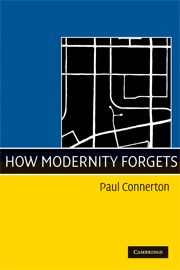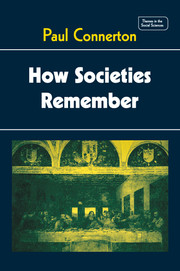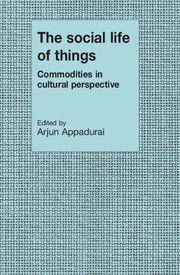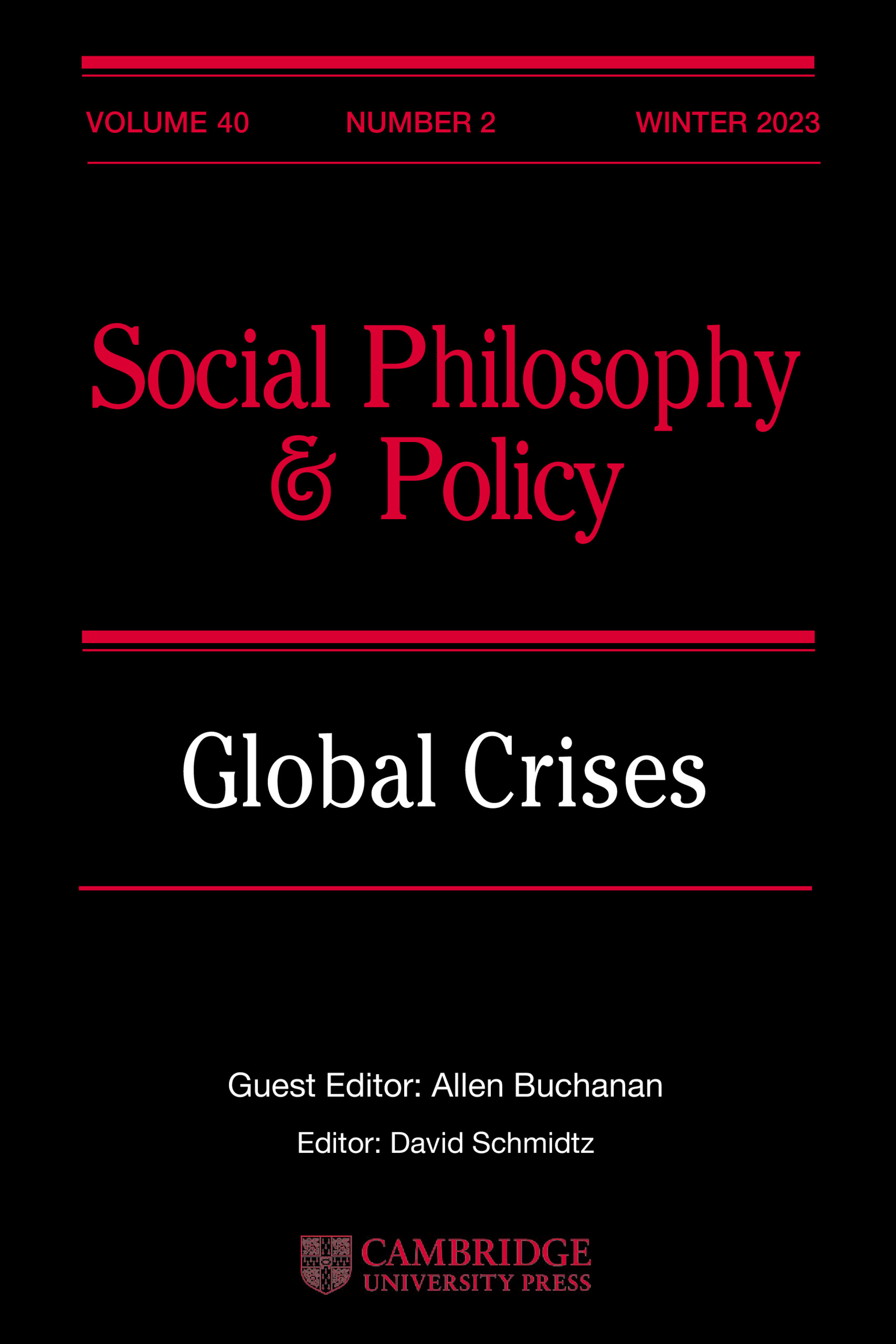How Modernity Forgets
- Author: Paul Connerton, University of Cambridge
- Date Published: November 2009
- availability: Available
- format: Paperback
- isbn: 9780521745802
Paperback
Other available formats:
Hardback, eBook
Looking for an inspection copy?
Please email [email protected] to enquire about an inspection copy of this book
-
Why are we sometimes unable to remember events, places and objects? This concise overview explores the concept of 'forgetting', and how modern society affects our ability to remember things. It takes ideas from Francis Yates classic work, The Art of Memory, which viewed memory as being dependent on stability, and argues that today's world is full of change, making 'forgetting' characteristic of contemporary society. We live our lives at great speed; cities have become so enormous that they are unmemorable; consumerism has become disconnected from the labour process; urban architecture has a short life-span; and social relationships are less clearly defined - all of which has eroded the foundations on which we build and share our memories. Providing a profound insight into the effects of modern society, this book is a must-read for anthropologists, sociologists, psychologists and philosophers, as well as anyone interested in social theory and the contemporary western world.
Read more- Provides one coherent argument to explain why we 'forget' so much in contemporary society
- Considers a wide range of factors which affect our ability to remember - such as time schedules, labour processes, career structures, consumption, architecture, and information production
- Truly interdisciplinary, drawing on ideas from anthropology, sociology, philosophy, psychology and social theory
Reviews & endorsements
'How Societies Remember was a tightly argued account of the importance of habitual, bodily memory to cultural transmission; How Modernity Forgets is a substantive cultural diagnosis of modernity, centred on the theme of cultural amnesia … It … [says] what it says with the sort of clarity that puts most cultural analysis to shame. Modernity … has displaced social life from place and replaced the known with the merely known about. In a series of superb historical vignettes Connerton shows that this has occurred in three ways: through the dismantling of the city frontier in the nineteenth century and the growth of megacities in the twentieth, through the development of superhuman speed … and through 'the repeated intentional destruction of the built environment' … via suburbanization, deindustrialization and urban renewal.' The British Journal of Sociology
Customer reviews
Not yet reviewed
Be the first to review
Review was not posted due to profanity
×Product details
- Date Published: November 2009
- format: Paperback
- isbn: 9780521745802
- length: 158 pages
- dimensions: 228 x 152 x 9 mm
- weight: 0.22kg
- availability: Available
Table of Contents
1. Introduction
2. Two types of place memory
3. Temporalities of forgetting
4. Topographies of forgetting
5. Conclusion.
Sorry, this resource is locked
Please register or sign in to request access. If you are having problems accessing these resources please email [email protected]
Register Sign in» Proceed
You are now leaving the Cambridge University Press website. Your eBook purchase and download will be completed by our partner www.ebooks.com. Please see the permission section of the www.ebooks.com catalogue page for details of the print & copy limits on our eBooks.
Continue ×Are you sure you want to delete your account?
This cannot be undone.
Thank you for your feedback which will help us improve our service.
If you requested a response, we will make sure to get back to you shortly.
×










